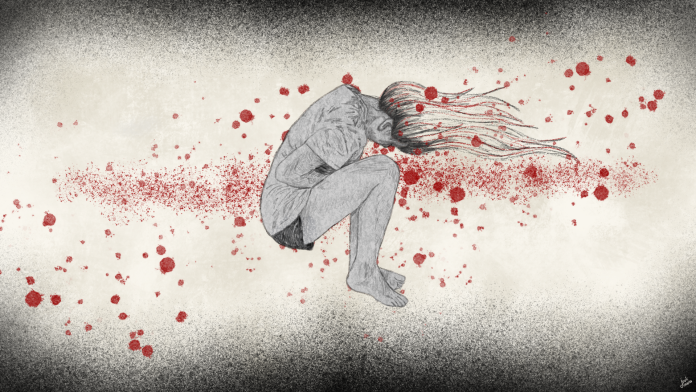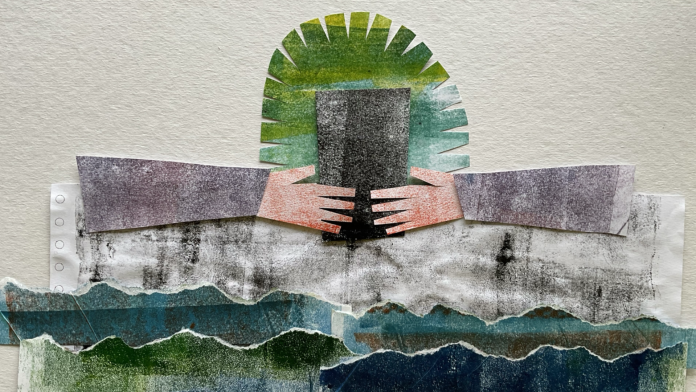Written by Esteban Galarza
Medically reviewed by Susana Pontiggia (Psychologist, Specialist in Neuroscience and Human Behavioral Sciences, Consultant in Personal and Organizational Development)
We plan our vacations with anticipation and excitement—dreaming of new destinations, family time, or outdoor adventures. But if we’re honest, most of us look forward to one thing above all: rest. Paradoxically, though, we often return from vacation feeling more exhausted than before.
That’s why a growing number of people are turning to sleep tourism, a wellness-focused travel trend that prioritizes deep rest and recovery over busy itineraries. Instead of sightseeing, the goal is to sleep—and to sleep well.
What Is Sleep Tourism?
Sleep tourism is designed to help us disconnect from the stress of everyday life and restore our sleep cycles. It’s not just about getting extra hours of rest; it’s about retraining the body and mind to embrace a more natural rhythm of sleep and wakefulness, which in turn supports both mental and physical health.
In our fast-paced world, we often sacrifice sleep for productivity. Over time, sleep deprivation impacts concentration, memory, mood, and even heart health. In fact, chronic lack of rest is linked to conditions such as anxiety, depression, and cardiovascular disease.
Why We Need a Sleep Reset
Quality sleep does more than help us feel refreshed—it’s essential for well-being. During the year, the pressure of work, studies, and daily responsibilities often leads us to deprioritize rest. Over time, our bodies become overwhelmed and out of sync.
Previously on Simple People, we’ve shared a few science-backed tips to reset your sleep:
- Stick to consistent sleep and wake times, even on weekends.
- Keep naps short and sweet—no longer than 30 minutes—to avoid interfering with nighttime sleep.
- Create a bedtime routine: avoid screens, dim the lights, and try calming music or mindfulness exercises.
- Prioritize light evening meals and gentle movement before bed.
These habits help regulate melatonin—known as the sleep hormone—which naturally guides our internal clock. Interestingly, melatonin production decreases with age, which may explain why sleep quality often declines over time.
Taking a vacation dedicated to rest can be the perfect moment to reset. With fewer commitments and more flexibility, your body can finally recover and restore. This is where sleep retreats and wellness stays come in.
Sleep Tourism for Mind-Body Healing
Unlike simply sleeping in, sleep tourism focuses on restoring your natural circadian rhythm. Many wellness centers now offer environments specially designed to promote deep, restorative sleep—from blackout curtains to aromatherapy, meditation, and digital detox programs.
Common features of sleep-focused stays include:
- Screen-free environments that encourage digital detox.
- Guided meditations, breathing exercises, and yoga in nature.
- Burnout prevention programs for those feeling overwhelmed by work or daily stress.
- Creative recovery tools that help prevent future emotional exhaustion.
The emphasis is on reducing overstimulation. That’s why these retreats are often located in peaceful natural surroundings—far from city lights and traffic noise. Mountain cabins, forest lodges, or even eco-camping experiences help you immerse in quiet nature.
While remote locations are ideal, you can also find sleep tourism programs in wellness hotels and urban spas. These urban retreats offer a chance to disconnect without having to travel far—perfect for a long weekend or staycation.
How to Plan a Sleep-Focused Vacation
If your goal is deep rest, planning your getaway with intention will make all the difference. Whether you choose a remote forest or a city hotel, here are a few things to look for:
- Search for hotels or resorts that specialize in sleep therapy, and check their location—peaceful but not completely isolated.
- Choose places that are “sleep-friendly”—look for blackout curtains, soundproof rooms, and calming amenities like essential oil diffusers.
- Some wellness centers offer sleep-specific spa treatments including meditation sessions, aromatherapy massages, or even guided naps.
- If you struggle with chronic insomnia, consider destinations that offer sleep coaching—personalized programs with professionals who can help you restore your sleep through tailored therapies.
Prioritizing Sleep Is Prioritizing Health
Sleep tourism is more than a relaxing getaway—it’s an active choice to support your physical and emotional health. At its core, it’s about addressing fatigue, burnout, and stress by giving your body what it needs most: rest.
So the next time you plan a vacation, consider skipping the packed itinerary and choosing a journey inward instead. You might return home not only refreshed, but transformed.





